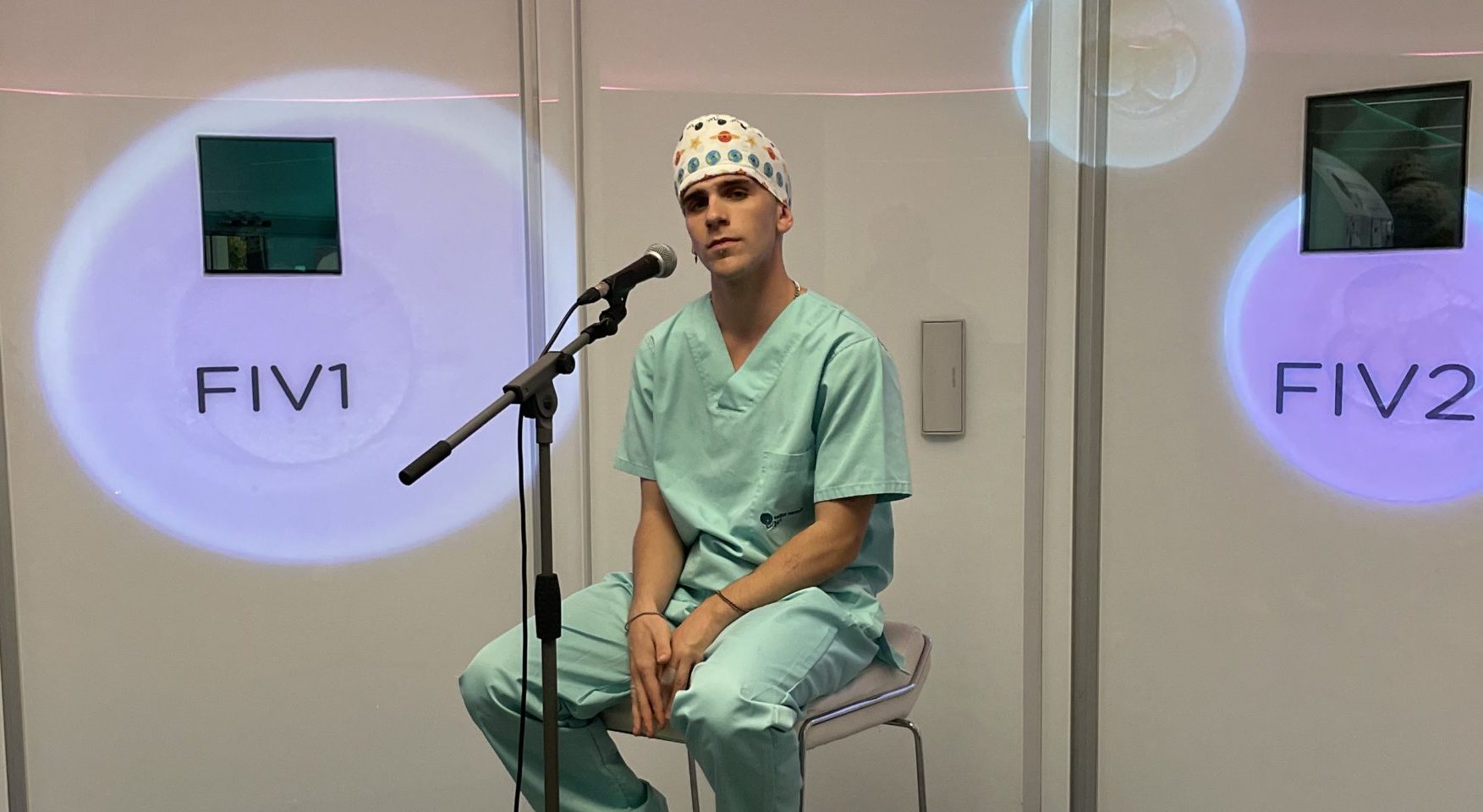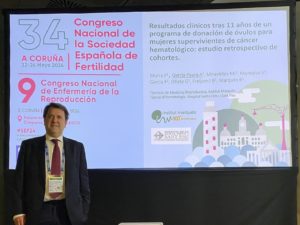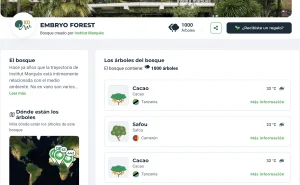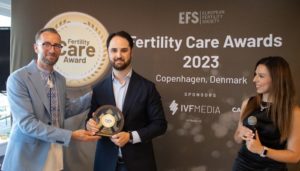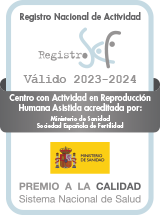Trans singer Hugo Marlo performed at the Institut Marquès In Vitro Fertilisation Laboratory on the International Day against Homophobia, Transphobia and Biphobia.
Hugo Marlo is a twenty-three-year-old trans boy who rose to fame in Spain in the second edition of the TV show ‘Got Talent’ at the end of 2022.
Institut Marquès launched its Rainbow Fertility Barcelona project in 2019 to help LGTBIQ+ people start a family. Hugo Marlo chose them to vitrify their eggs and thus preserve their fertility with the aim of having children at a later date.
The singer has become involved in the Rainbow Fertility Barcelona project by participating in a concert for embryos that vindicates family diversity and which was held on 17 May, ‘International Day against Homophobia, Transphobia and Biphobia’. He performed two of his best known songs: ‘No me llames más así’ and ‘Mil Voltes’.
At its Barcelona centre, Institut Marquès has already held several live concerts in its In Vitro Fertilisation (IVF) laboratory, with singers such as Antonio Orozco, Álex Ubago and Sharon Corr. These events are part of the work carried out by Institut Marquès on the benefits of music in embryonic and foetal development.
In recent years, the number of transgender people requesting information on the possibility of freezing their eggs or sperm before undergoing hormonal treatment or surgery that could limit their fertility has also increased. For these people, Rainbow Fertility Barcelona has created Trans IVF, an In Vitro Fertilisation treatment that is carried out with the vitrified gametes of trans people. The ROPA method (Reception of oocytes from the couple) is another of the alternatives that can be chosen. This treatment consists of in vitro fertilisation in which one of the partners undergoes ovarian stimulation to provide their oocytes. These are fertilised with donor sperm and the embryo is transferred to the partner, who will carry the pregnancy to term and give birth.

